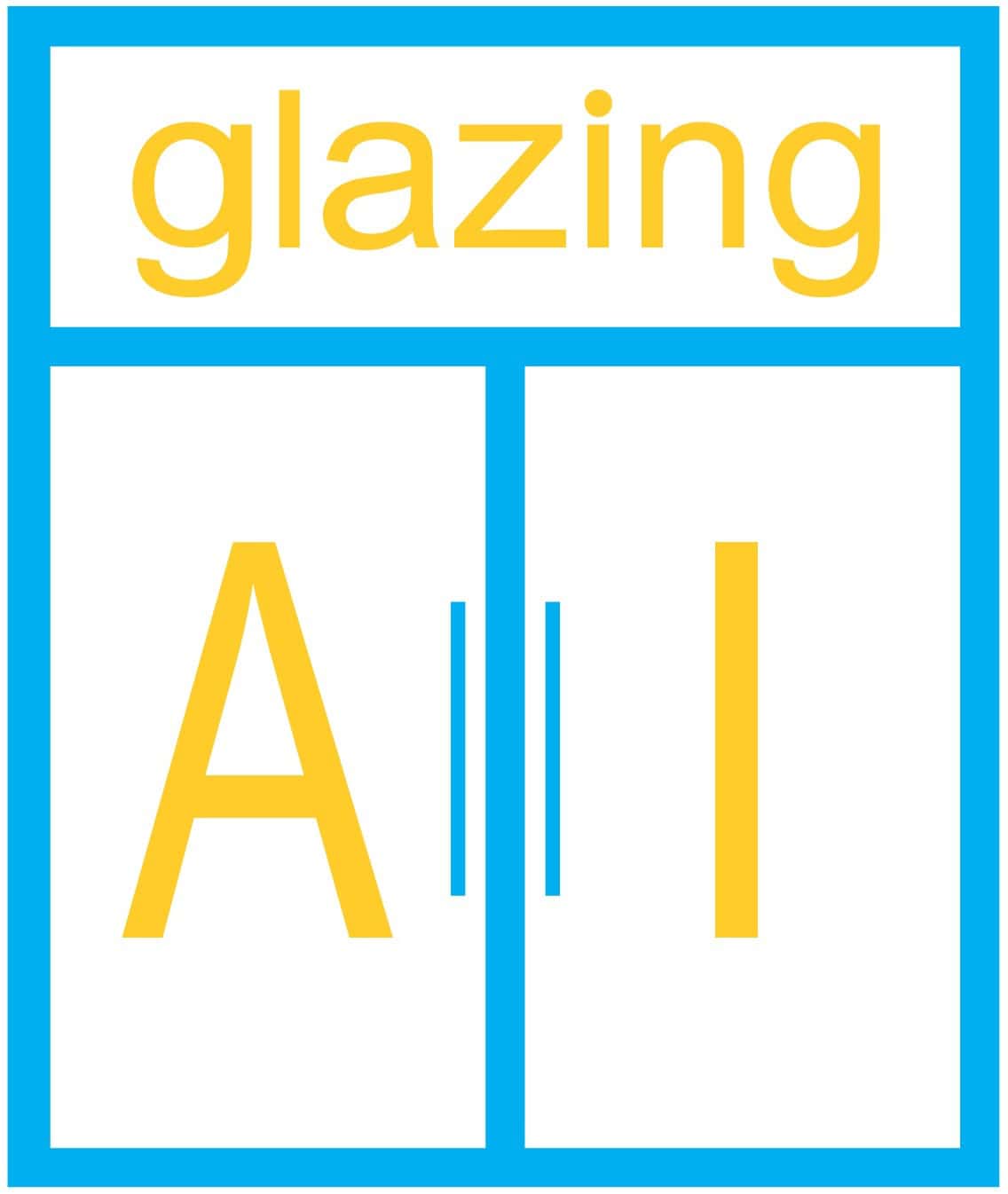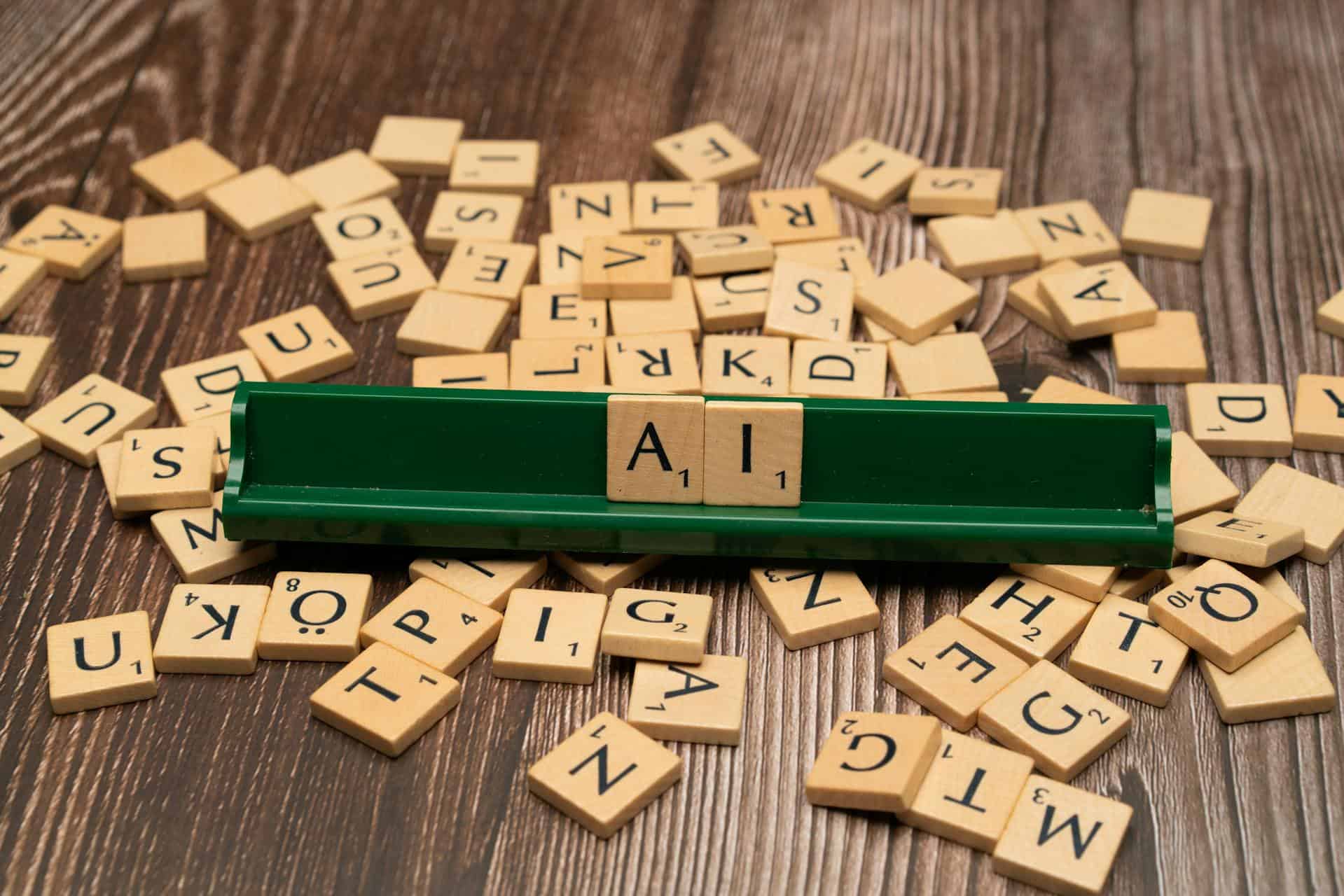
Artificial Intelligence (AI) is transforming industries worldwide, and the Glass & Glazing sector is no exception. From enhancing design processes to improving production efficiency, AI has the potential to drive innovation and increase productivity. While many AI applications used in general business and manufacturing can be easily applied to the Glass & Glazing industry, there are also specific AI-powered solutions that cater to the unique needs of this sector.
Let’s explore how AI can benefit the Glass & Glazing industry in key areas.
1. Design Optimization
AI can revolutionize the design phase by quickly analyzing multiple design variables to identify the most efficient and aesthetically pleasing structures. With AI algorithms, architects and designers can simulate different design models, evaluate energy efficiency, and even predict the structural behavior of glass installations. This allows for rapid prototyping and testing of various glass designs without the need for costly physical models. The result is faster decision-making and the ability to create more innovative, energy-efficient, and visually stunning glass structures.
2. Quality Control
Quality control is crucial in the Glass & Glazing industry, where defects can compromise both aesthetics and safety. AI-powered visual inspection systems can detect defects with far greater accuracy and consistency than human inspectors alone. Using machine learning algorithms, these systems can analyze patterns in glass production, spotting flaws such as cracks, bubbles, or scratches at a much faster rate. For example, while laser scanners are already used in inspecting tempered glass, AI promises to bring even more advanced quality control solutions that can operate continuously with minimal human intervention.
3. Predictive Maintenance
Glass production machinery requires regular maintenance to prevent costly breakdowns and downtime. AI can monitor equipment and predict when maintenance is needed based on usage patterns, reducing unexpected failures. This predictive maintenance applies not only to large machinery but also to tooling, supplies, and other operational elements. AI can track the wear and tear of tools, optimizing their replacement cycles and ensuring the production line runs smoothly. By forecasting when equipment will need repairs, AI minimizes disruptions, extends equipment life, and reduces overall maintenance costs.
4. Energy Efficiency
Sustainability is becoming increasingly important in the Glass & Glazing industry, where energy-intensive processes such as glass melting and tempering are common. AI can analyze production processes and suggest optimizations to reduce energy consumption. By adjusting parameters in real time, AI-driven systems can improve the efficiency of heating, cooling, and other production phases, leading to lower energy costs and a smaller environmental footprint. AI helps manufacturers balance efficiency with sustainability, supporting global efforts to reduce carbon emissions.
5. Safety Improvements
Workplace safety is always a top priority, and AI has proven to be a valuable tool in preventing accidents and improving overall safety conditions. AI-powered visual monitoring systems can track workers and detect potential hazards, such as improper use of safety gear or unsafe working conditions. These systems can automatically issue warnings or even halt production in dangerous situations. By identifying risks early and enforcing safety protocols, AI helps minimize workplace accidents, ensuring a safer environment for employees in glass production facilities.
6. Production Boost Through Automation
AI technologies can significantly boost production by automating routine tasks. In glass factories, AI-driven robotic systems can handle repetitive tasks such as material picking, assembling, and packaging, reducing the need for manual labor. These robots, guided by AI algorithms, are capable of performing these tasks with higher precision and speed, ensuring a consistent output. By automating the more mundane tasks, companies can focus their workforce on higher-value activities, ultimately increasing productivity and reducing operational costs.
Conclusion
AI offers transformative potential for the Glass & Glazing industry, making processes more efficient, enhancing safety, and driving innovation. From design optimization and quality control to predictive maintenance and automation, the integration of AI technologies can lead to significant cost savings, improved product quality, and a more sustainable future. As the industry continues to evolve, those who embrace AI will find themselves ahead of the curve, leveraging cutting-edge tools to build a smarter, more efficient business. Now is the time for the Glass & Glazing sector to explore how AI can shape its future.
P.S. How do you like this article?
Interesting? Useful? Exciting?
Anything weird?
Did you notice it?
Notice what? Notice AI.
Yes, the whole article from word to word was totally and completely written by AI. The only thing I wrote was the title. Then, I asked ChatGPT to write an article for this title.
Of course, this is not a good way to make articles and content. Why? Because there is very small contribution, ideas and seeds from the author. It is all made by ChatGPT, but anyways ChatGPT made a good work and provided a lot of information that I wouldn’t generate right away and even not right away.
P.S.S. An interesting thing: if you ask ChatGPT the same question, you will get a bit different result – AI learns from you. The more you use it, the more specific, relevant and tailored results it will provide for you.
Use it or lose it!
Subscribe to the glazingAI newsletter and get a free copy of Guide: AI for Glass & Glazing. Stay connected to get the latest updates!


Leave a Reply